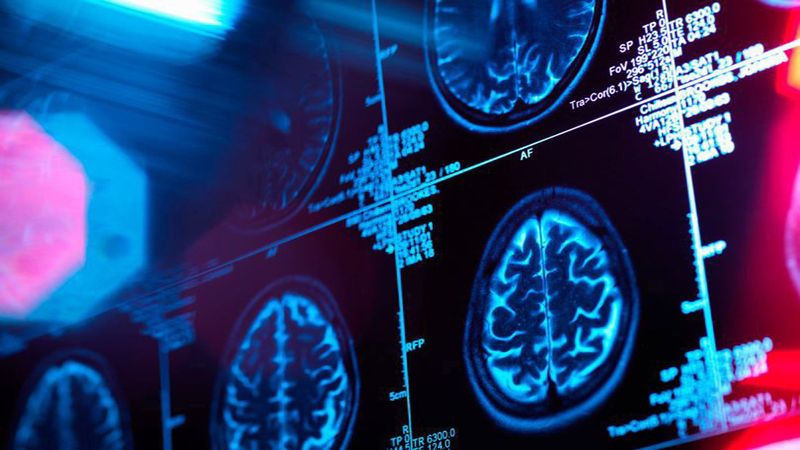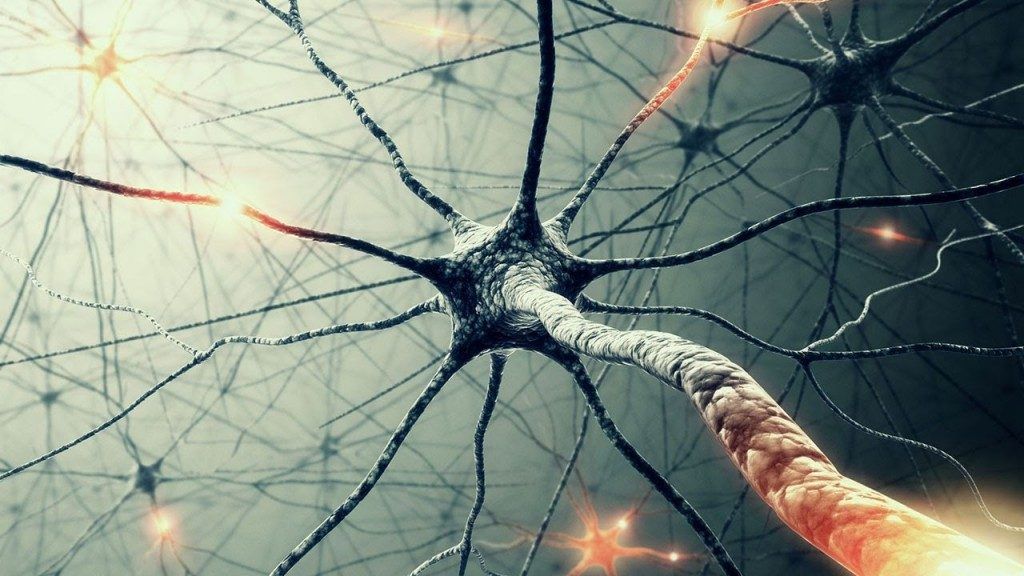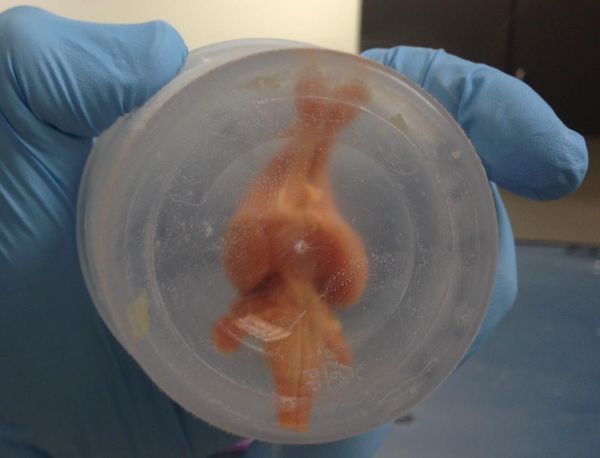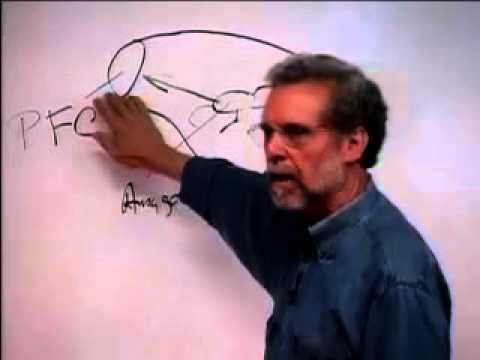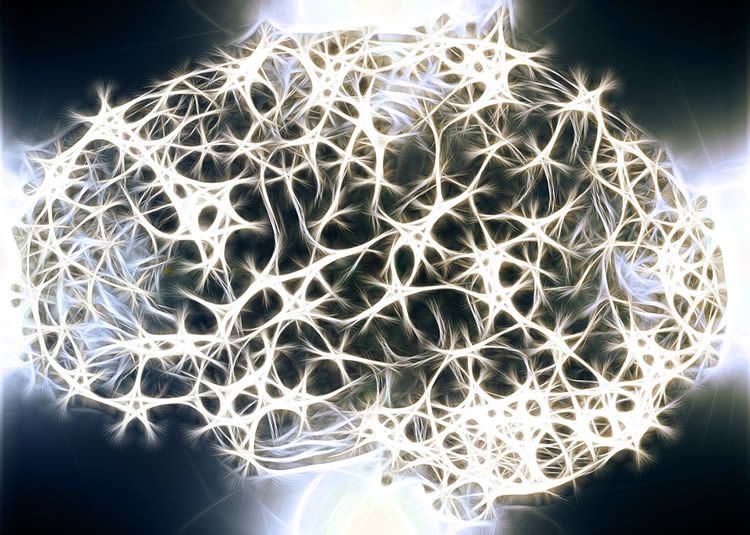Archive for the ‘neuroscience’ category: Page 890
Feb 7, 2017
What role does electromagnetic signaling have in biological systems
Posted by Karen Hurst in categories: biological, neuroscience, quantum physics
Sounds definitely like DARPA could be looking at a more seamless BMI type technology and yes, Quantum Bio and telepathy is involved.
For decades scientists have wondered whether electromagnetic waves might play a role in intra- and inter-cell signaling. Researchers have suggested since the 1960s, for example, that terahertz frequencies emanate from cell membranes, but they’ve lacked the technology and tools to conduct reproducible experiments that could prove whether electromagnetic waves constitute purposeful signals for biological function-or if they’re merely background noise.
With recent advances in technology and modeling, experiments may now be possible to test signaling hypotheses. DARPA’s RadioBio program, announced this week, seeks to establish if purposeful electromagnetic wave signaling between biological cells exists-and if evidence supports that it does, to determine what information is being transferred.
Continue reading “What role does electromagnetic signaling have in biological systems” »
Feb 6, 2017
Quantum cognition
Posted by Karen Hurst in categories: mathematics, neuroscience, quantum physics
Quantum Cognition — recently published as a new field term for cognitive thinking.
Quantum cognition is an emerging field which applies the mathematical formalism of quantum theory to model cognitive phenomena such as information processing by the human brain, language, decision making, human memory, concepts and conceptual reasoning, human judgment, and perception. [1][2][3][4] The field clearly distinguishes itself from the quantum mind as it is not reliant on the hypothesis that there is something micro-physical quantum mechanical about the brain. Quantum cognition is based on the quantum-like paradigm[5][6] or generalized quantum paradigm [7] or quantum structure paradigm [8] that information processing by complex systems such as the brain, taking into account contextual dependence of information and probabilistic reasoning, can be mathematically described in the framework of quantum information and quantum probability theory.
Quantum cognition uses the mathematical formalism of quantum theory to inspire and formalize models of cognition that aim to be an advance over models based on traditional classical probability theory. The field focuses on modeling phenomena in cognitive science that have resisted traditional techniques or where traditional models seem to have reached a barrier (e.g., human memory [9]), and modeling preferences in decision theory that seem paradoxical from a traditional rational point of view (e.g., preference reversals [10]). Since the use of a quantum-theoretic framework is for modeling purposes, the identification of quantum structures in cognitive phenomena does not presuppose the existence of microscopic quantum processes in the human brain.
Feb 6, 2017
2016 Quantum Biology Theory Documentary
Posted by Karen Hurst in categories: education, life extension, neuroscience, quantum physics

https://www.youtube.com/watch?v=oEZz68Cr0fI&feature=youtu.be
Many folks have seen by my posts on QC as QC is desperately needed for our technical and energy infrastructures we now need to expand our work on quantum bio as it will drastically reduce healthcare costs and mortality rates through an approach of the brain is able to heal the body itself. I know many (like myself) taking their QC knowledge & applying to medical research in Quantum Biology. Our focus is on multiple fronts including areas such as reverse aging, cell & gene technology, immunology, brain health, etc.
The AMAZING Secrets Of Quantum Physics.
————————————————-
Subscribe for more Amazing Documentary Films:
http://goo.gl/C90GGe
Please — Like, Comment. Subscribe to my channel to see more interesting videos.
Have Fun!
Feb 5, 2017
Scientists Chasing the Dream of Quantum Computing
Posted by Karen Hurst in categories: computing, finance, neuroscience, quantum physics
The bottom-line why folks are investing so much in QC is frankly because it means you will be behind everyone else who has adopted a superior infrastructure. As a consumer, if I can use my private information to secure a loan or access my medical information without fear of exposure of my information as well as performance of my online media and other online services are 100 times faster than any known network service to date; it doesn’t take a brain surgeon to know what I will do,
And, banks, trading houses, etc. know this.
Thanks to the collaborative effort of an international team of scientists led by Professor Winfried Hensinger of the University of Sussex in UK, the world may have gotten one step closer to building the most powerful computer ever — a large-scale quantum computer capable of solving ultra-complex problems that will take a regular computer billions of years to solve.
Continue reading “Scientists Chasing the Dream of Quantum Computing” »
Feb 4, 2017
Pioneering brain –scanning technology could allow scientists to read people’s minds
Posted by Karen Hurst in categories: neuroscience, terrorism
More mind reading technology and this time they can tell us if the person scanned is thinking about murder.
Brain scans could soon read minds and single out potential criminals before they commit any crimes, researchers claim.
Other uses of functional magnetic resonance imaging could include lie detectors in courtrooms, and anti-terrorist screening.
Feb 4, 2017
New Research Shows Early Stage Alzheimer’s Could Be Reversed
Posted by Steve Hill in categories: biotech/medical, life extension, neuroscience
It looks like Alzheimer’s is not a one way process!
New research study suggests early stage Alzheimer’s could be reversed using a repair approach to this age-related disease.
Feb 4, 2017
Researchers Have Preserved An Entire Rabbit Brain
Posted by Shane Hinshaw in category: neuroscience
Feb 4, 2017
SIY course video Daniel Goleman — Neuroscience of emotion and decision making
Posted by Shailesh Prasad in category: neuroscience
Feb 3, 2017
Brain Plasticity: How Adult Born Neurons Get Wired
Posted by Karen Hurst in category: neuroscience
Nice.
Summary: Researchers report adult neurogenesis not only helps increase the number of cells in a neural network, it also promotes plasticity in the existing network. Additionally, they have identified the role the Bax gene plays in synaptic pruning.
Source: university of alabama at birmingham.
Continue reading “Brain Plasticity: How Adult Born Neurons Get Wired” »



